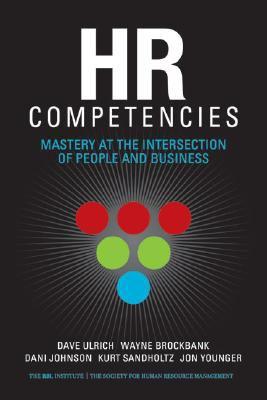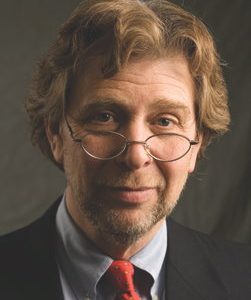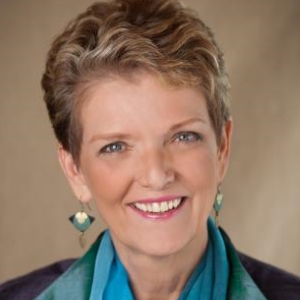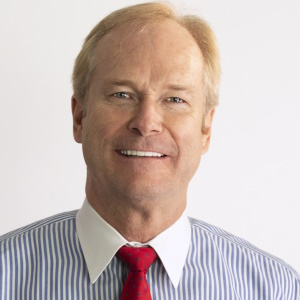Jon Younger Speaker Biography
Human Resources Authority
Jon Younger is partner emeritus of the RBL Group. While a partner at RBL, he built the firm’s strategic HR practice, and was a director of the RBL Institute. He continues to consult with select clients in the U.S., Europe and Asia, and teach strategic HR and talent management for leading global companies and governments. Jon’s career has combined experience in consulting, executive management and HR leadership.
Prior Experience
Prior to joining the RBL Group he was corporate SVP and Chief Learning and Talent Officer of one of the largest U.S. based financial services organizations, responsible for leadership development, corporate learning, staffing, performance management, succession planning and executive compensation.
He was previously Managing Partner of the Novations Group, a boutique strategy implementation and leadership development firm, and led the firm’s acquisition by Provant (NASDAQ). He was also EVP COO of NetValue USA, the French Internet firm, and led a global business consulting team for Exxon Mobil.
Books and Publications
Jon Younger is co-author of several books including: HR Competencies, HR Transformation, HR From the Outside In, and Mastering Global HR Compentencies. In addition, he is the author of many articles for Harvard Business Review, HR Planning, HR Management, Compensation Review, Strategic HR Review, Research and Technology Management and other journals.
Education
Jon holds a Ph.D. in social psychology from the University of Toronto where he was an Ontario Graduate Scholar and won successive Canada Council Research Fellowships. He currently teaches in the Executive Education faculties of the Ross School of Business, University of Michigan, the Indian School of Business, and the Copenhagen School of Business, and in corporate executive education programs worldwide, including over 40 countries in the past three years.
Jon Younger Speaking Topics
How Leaders Build Value
Market value is comprised of two parts--earnings and intangibles. Intangible value is the confidence that investors have in your business compared to other businesses in the same industry. Learn the four steps that guide wealth-creating leaders as they increase stakeholder confidence in the future.
Leadership Brand
Leadership Brand occurs when an organization is recognized both internally and externally as a leader feeder firm- an exporter of talent. Market share increases because investors have confidence that current and future results will be achieved the right way. When a company has leadership brand leaders at every level ensure that employees deliver the desired customer experience every time anywhere in the world.
Leadership Code
If you Google the word "leader" there are 176 million hits. What does it all mean? Why are there so many conflicting theories about what effective leaders must do? The Leadership Code synthesizes years of research to build a unified theory of leadership, and explains 60-70% of what makes a leader in any company or industry effective.
Developing HR Professionals and Leaders
For the past 20 years, RBL principals--together with the support of the University of Michigan and HR associations around the world--have studied HR professional and leadership competence. What are the competencies of top performing HR professionals and leaders? And what are the practices that deliver top performance and development?
Developing Talent
Talent management is the issue of the next decade. But it's not as simple as the finding and retaining of high potential employees. RBL research points out that great companies like GE, P&G, and United Technologies get 10 things right in building superior talent engines and the reputation that makes them magnets for talent.
Differentiated Workforce
In strategy implementation it’s critical to know what are the true wealth-creating positions that must be in place for growth and profitability. High performing organizations know their “A” positions not only their “A” players.
Jon Younger Books
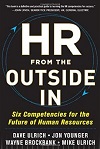
HR from the Outside In: Six Competencies for the Future of Human Resources
Purchase Book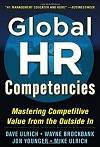
Global HR Competencies: Mastering Competitive Value from the Outside-In
Purchase Book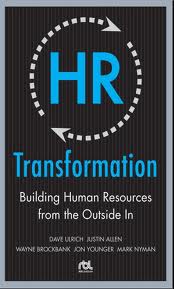
HR Transformation: Building Human Resources From the Outside In
Purchase Book